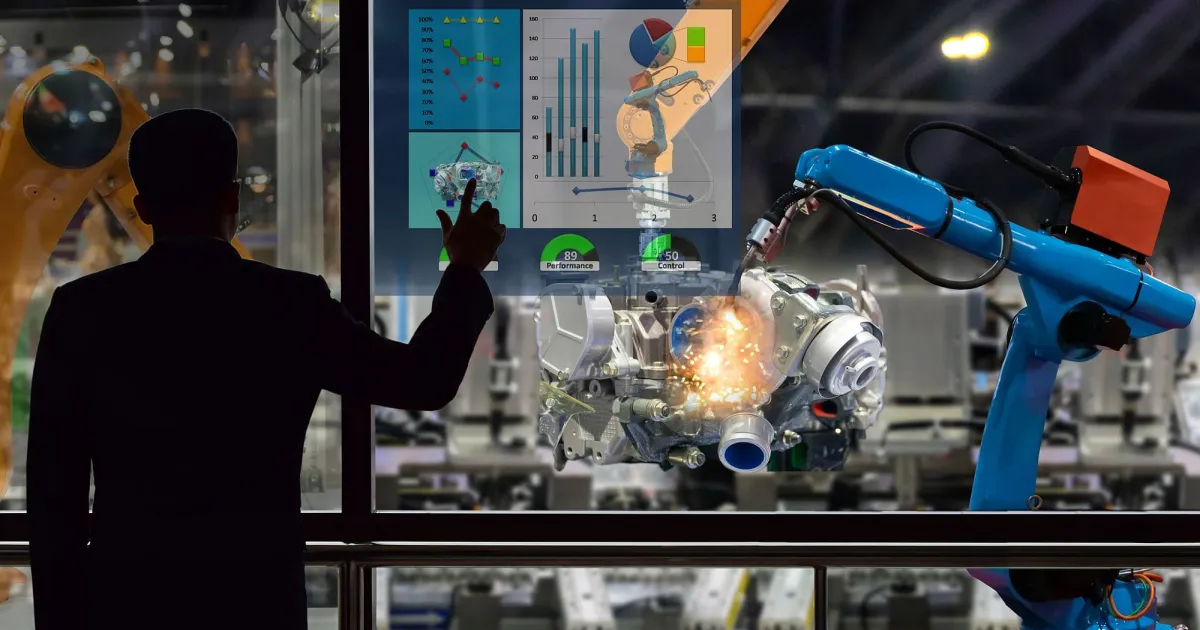In today’s fast-paced industrial environment, the integration of neural networks for quality control is revolutionizing the way businesses maintain product standards. These advanced systems are pivotal in ensuring that the highest quality products reach consumers. By the end of this article, you’ll understand how neural networks can transform quality control processes and the immense benefits they offer.

What Are Neural Networks?
Before diving into quality control, it’s essential to understand what neural networks are. These are computing systems inspired by the human brain, capable of learning from data and improving over time. Neural networks are excellent at identifying patterns, which makes them perfect for quality control applications.
Why Use Neural Networks in Quality Control?
The primary reason for employing neural networks in quality control is their ability to process and analyze vast amounts of data quickly and accurately. This ensures that any defects or inconsistencies are identified and rectified in real-time, reducing waste and enhancing productivity.
Benefits of Integrating Neural Networks
Integrating neural networks into quality control processes offers numerous benefits, including increased accuracy, reduced costs, and enhanced efficiency. By automating the inspection process, businesses can ensure consistent product quality while minimizing human error.
Applications in Various Industries
Neural networks are not limited to a single application or industry. They are used in sectors like automotive, electronics, pharmaceuticals, and food production, where precision and quality are paramount.
How Neural Networks Enhance Quality Control
Neural networks enhance quality control by offering predictive analysis capabilities. They can forecast potential defects before they occur, allowing manufacturers to take preventive measures. Edge AI in Manufacturing is one such example where neural networks are effectively used.
Real-Time Data Processing
One of the most significant advantages of neural networks is their ability to process data in real-time. This means that any issues in the production line can be detected and addressed immediately, avoiding costly delays.
Automated Decision Making
Neural networks enable automated decision-making processes, allowing for quick adjustments to be made in the production line without human intervention. This is particularly beneficial in high-speed manufacturing environments.
Challenges in Implementing Neural Networks
While the benefits are substantial, implementing neural networks for quality control does come with challenges. These include the initial cost of setup, the need for skilled personnel, and the constant need for data updates.
Data Dependency
Neural networks rely heavily on data, meaning that any inaccuracies in data collection can affect the system’s performance. Ensuring accurate and consistent data is crucial for the success of these systems.
Integration with Existing Systems
Another challenge is integrating neural networks with existing systems. This requires careful planning and execution to ensure seamless operation. Smart Quality Control Systems can offer valuable insights into addressing these challenges.
Future of Neural Networks in Quality Control
The future of neural networks in quality control looks promising. As technology advances, these systems will become more sophisticated, offering even greater precision and efficiency.
Adoption Across Industries
With the growing demand for high-quality products, industries are increasingly adopting neural networks to enhance their quality control processes. This trend is expected to continue as more businesses recognize the value of these systems.
Continuous Improvement
Neural networks are designed to learn and improve over time. This means that the longer they are used, the more effective they become, offering even greater benefits to businesses.
Conclusion
In conclusion, neural networks for quality control are a game-changer for industries seeking to enhance product quality and efficiency. While there are challenges in implementation, the benefits far outweigh the drawbacks. By investing in these advanced systems, businesses can ensure they remain competitive in an ever-evolving market.

FAQs
1. How do neural networks improve quality control?
Neural networks enhance quality control by providing real-time data analysis, predictive capabilities, and automated decision-making, leading to increased accuracy and efficiency.
2. What industries benefit the most from neural networks in quality control?
Industries such as automotive, electronics, pharmaceuticals, and food production benefit significantly from neural networks due to their need for precision and consistent quality.
3. What are the challenges of implementing neural networks in quality control?
Challenges include the initial cost of setup, data dependency, and integration with existing systems. However, these can be mitigated with proper planning and execution.
For more insights into the role of AI in quality control, you can visit AI-Driven Quality Control.
This article contains affiliate links. We may earn a commission at no extra cost to you.

